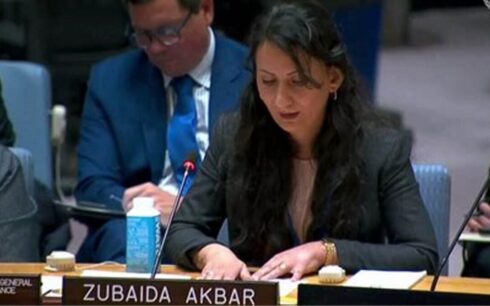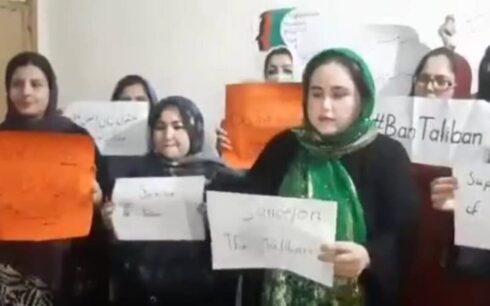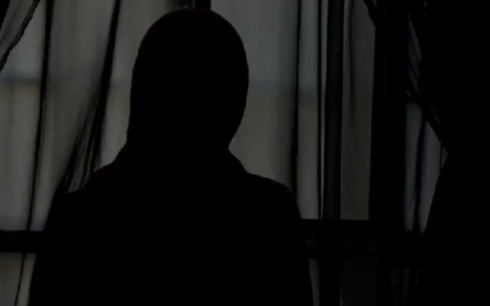GENEVA — Addressing the Human Rights Council session, Richard Bennett, the UN special rapporteur for Afghanistan, emphasized that the upcoming Doha meeting offers a crucial opportunity to ensure that the rights and voices of women and girls are not sidelined.
Bennett called for the inclusion of Afghan civil society members, including women, in the Doha meeting, stressing that women’s rights should be central to the discussions. “I reiterate the importance of ensuring that civil society, including women, are meaningful participants and that women’s rights are central to the discussion,” he said.
He urged the international community not to recognize the Taliban as the legitimate government of Afghanistan and highlighted the need to consider the impact on Afghanistan’s children. “What would be the effect on all Afghans, but particularly on boys and girls?” he asked. “What conception of the world and of themselves do girls have when they have no memories of women thriving independently from men? What type of men or boys grow up within an institutionalized regime that systematically deprives women and girls?” Bennett stated.
Bennett also underscored the severe impact of systematic restrictions on women’s rights in Afghanistan, noting that these restrictions have stripped women of their financial autonomy and forced dependence on male relatives. “Families have plunged deeper into poverty, with increasing reports of depression and suicide among women and girls,” he said.
Addressing the same session, Naseer Ahmad Andisha, Afghanistan’s envoy to the UN in Geneva, highlighted the severe human rights crisis under Taliban rule, particularly for women and girls. “Afghanistan under the Taliban is facing one of the most serious institutionalized human rights crises in the world,” Andisha said. “The ongoing entrenchment of Taliban gender oppression and domination, as indicated in this report, and the inherent dehumanization of women and girls, is likely sowing a dangerous ideology in the new generation of Afghans, particularly young men and boys,” he warned.
Benafsha Yaqoobi, an Afghan disability rights activist, urged the international community to join hands in support of improving the situation for girls and women in Afghanistan.
Bennett concluded by stating that institutionalized deprivation is causing profound gender harms across Afghan society and affecting future generations. “Women and girls excluded from the education system face heightened risks of forced marriages and debt bondage,” he said.





